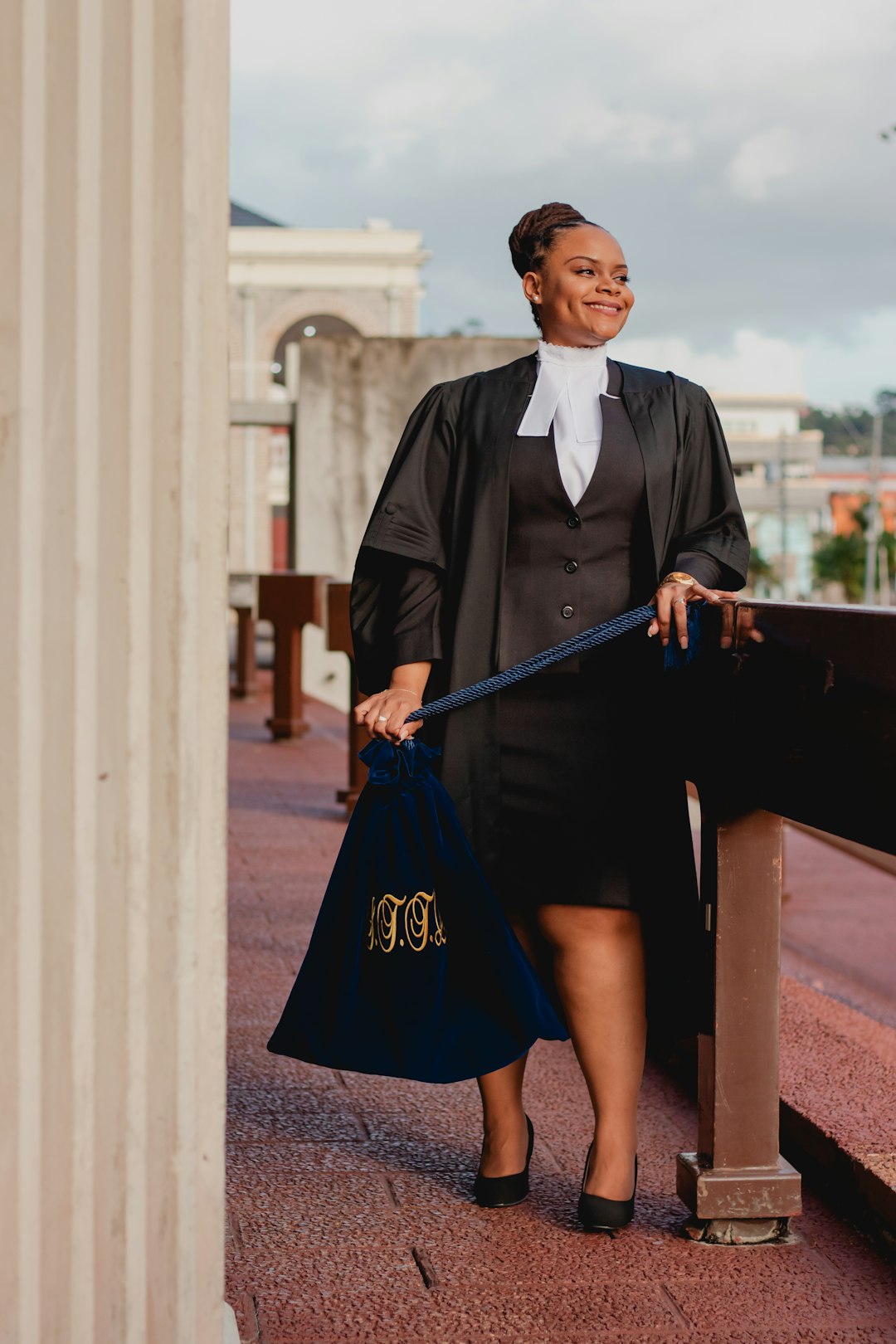In St. Louis, Missouri, addressing child abuse cases within tribal families requires a delicate balance between public safety and respect for tribal sovereignty. Local law enforcement swiftly investigates reports, collaborating with tribal legal teams to ensure cultural sensitivity while adhering to both tribal laws and state regulations. Tribal families face unique challenges due to complex jurisdiction issues and language barriers, causing delays and confusion. Child abuse attorneys specializing in these complexities are crucial for navigating these issues, advocating for children's best interests, and safeguarding indigenous family rights. They blend cultural sensitivity with legal expertise, aiming to minimize trauma and secure positive outcomes that reconcile state laws and tribal traditions.
In St. Louis, Missouri, navigating child abuse cases involving tribal families presents unique challenges within the legal system. This article explores how local courts handle such cases, delving into the intricate interplay between state and federal jurisdiction. We examine the procedures followed by St. Louis courts, highlighting the barriers faced by tribal communities and the crucial role a dedicated child abuse attorney in St. Louis MO can play in advocating for these families’ rights and well-being.
Understanding the Legal Framework: St. Louis Court Procedures for Child Abuse Cases

In St. Louis, Missouri, child abuse cases involving tribal families navigate a complex legal framework. The procedures in these cases are meticulously designed to balance public safety with respect for tribal sovereignty and cultural norms. When a report of child abuse or neglect is received, law enforcement officers from local departments, including those specializing in tribal affairs, promptly investigate. This initial step involves gathering evidence, interviewing family members, and determining if the allegations meet the legal definition of child abuse.
If the investigation substantiates the claims, the case is referred to the St. Louis Court system, where a dedicated team of prosecutors and judges handles these sensitive matters. A key aspect of this process is collaboration with tribal authorities. Child abuse attorneys in St. Louis MO often work closely with tribal legal teams to ensure cultural sensitivity and adherence to tribal laws and customs, while also adhering to state regulations. This cooperative approach fosters trust and promotes the best interests of the child within the context of their cultural heritage.
Challenges Faced by Tribal Families in the Justice System

Tribal families facing child abuse cases in St. Louis often encounter unique challenges within the justice system. One significant hurdle is the complex interplay between state and federal jurisdiction, as Indian Country laws and tribal court systems may not always align with Missouri’s legal framework. This can lead to delays and confusion, especially when seeking protection orders or pressing charges.
Additionally, cultural differences and language barriers can hinder effective communication between tribal families and legal professionals, including child abuse attorneys in St. Louis MO. Navigating these complexities requires a nuanced understanding of both the law and the tribe’s cultural norms, ensuring that justice is served while respecting the family’s traditions and privacy.
The Role of a Child Abuse Attorney in Supporting Tribal Communities in St. Louis, MO

In St. Louis, Missouri, child abuse attorneys play a pivotal role in supporting tribal communities navigating complex legal landscapes surrounding child welfare. These legal professionals are instrumental in ensuring that the rights of indigenous families are protected while advocating for the best interests of the children involved. They help tribal members understand their legal options and obligations within the state’s child protective services framework.
Child abuse attorneys in St. Louis MO possess a deep understanding of cultural sensitivity and the unique challenges faced by tribal communities. They offer guidance tailored to the specific needs of these families, fostering trust and collaboration. By skillfully navigating court proceedings, they aim to minimize the trauma often associated with such cases while striving for positive outcomes that respect both state laws and tribal traditions.





